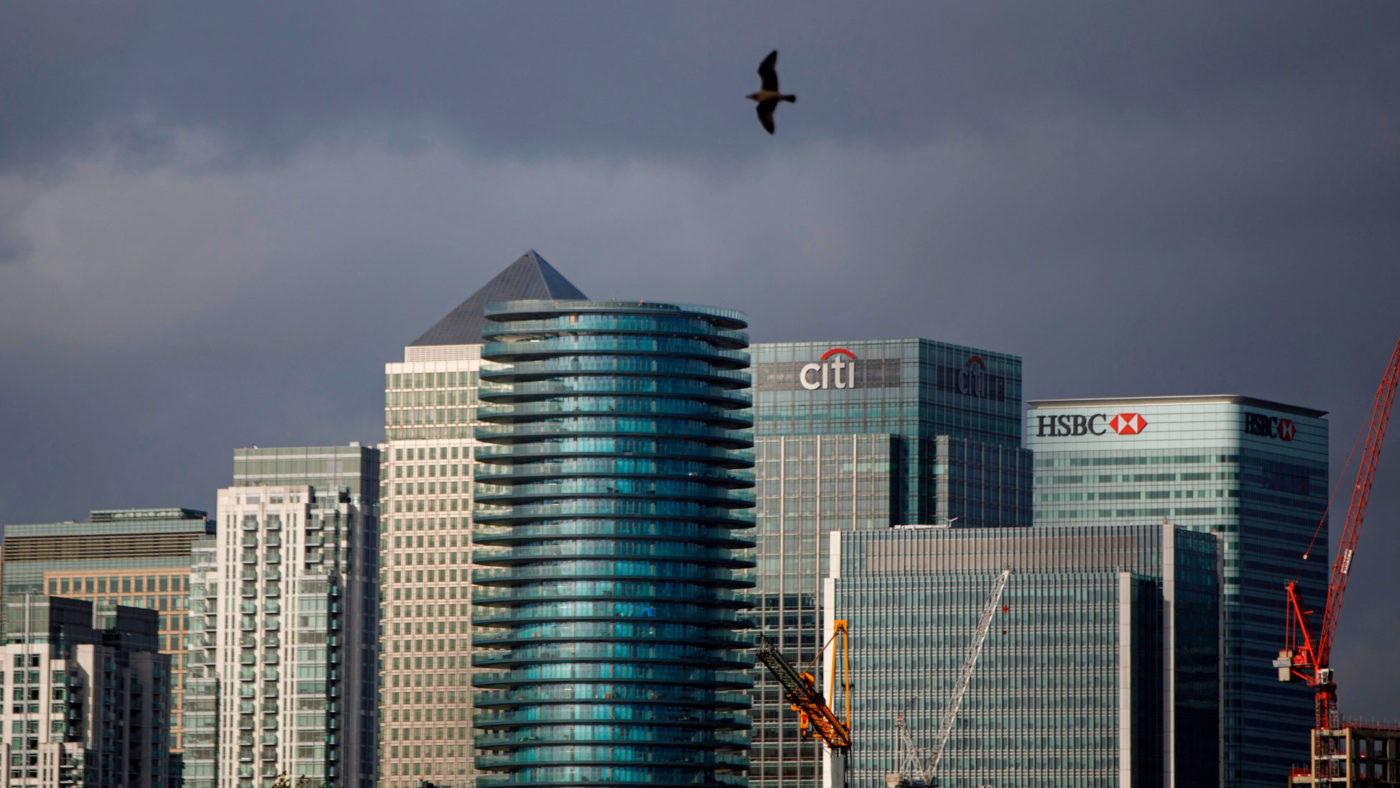It is a decade since the financial crisis, and no one is happy. Progressives like Elizabeth Warren and John McDonnell think the guilty bankers went unpunished. Free-marketeers despair over the absence of meaningful reforms to discourage risk-taking on the taxpayer’s dime. Ordinary people across much of the West have only seen tepid growth since 2008. In response, they are turning to political extremes that promise protection from competition and change.
It might have been different. People of good will may disagree on how free financial markets should be, but among those who have studied the crash, there is broad consensus that three key factors led Western economies astray in late 2008.
First, bank regulation was too complex, which encouraged gaming the system, complicated supervision, and raised barriers to competition. Second, government programmes to extend credit to disadvantaged groups were poorly conceived and ended up hurting the people they were meant to help. Third, governments lacked the wherewithal to stand by their commitment not to bail out financial institutions once the crisis hit.
An adequate regulatory response to these failings would have simplified the regulation of banks, eliminated interest and deposit subsidies on mortgages and other forms of credit, and credibly affirmed that taxpayer funds were not for the banks to take during bad times.
Unfortunately, that is not the response we got. Not long after the crash, the Bank of England’s Andy Haldane bemoaned the relentless growth in the number of regulators per financial services worker. But it has carried on unabated. In the United States, the Dodd-Frank Act introduced an estimated 27,000 new regulatory restrictions. Europe has not been far behind, with a slew of EU-wide new bodies to monitor financial institutions. The Eurozone too has birthed its own additional alphabet soup of regulators.
A simpler regulatory structure this one is not, even though complexity can cloud rather than illuminate regulators’ judgement. For example, research shows that detailed risk-based capital requirements are not sound predictors of bank failure. By contrast, simple leverage ratios did a good job of forecasting which banks would fail in the crash.
The US mortgage market, where the banking system’s troubles originated, is little-changed from ten years ago. It is true that lending rules are tighter, which banks report have made it more difficult to extend credit, even to perfectly good borrowers. But the central role of the government in buying and packaging mortgages, and the concomitant public guarantee, are undiminished.
Worse, some of the most damaging features of the pre-2008 mortgage market, such as the promotion of low-cost loans to vulnerable borrowers, are surfacing in other credit markets, notably student lending. In Britain, the Conservatives must not fool themselves that they are not repeating America’s pre-crisis mistakes with schemes like Help to Buy. The only and perverse way in which the final reckoning is postponed is by continuing to push up prices through planning restrictions.
How about the infamous sovereign-bank nexus? This refers to the implicit transfer of risk from financial institutions onto governments, which led to large increases in the national debt of many countries when bank loans went sour. This problem preoccupied financial regulators for years after the crash, but it is not clear that it has been resolved.
On the one hand, there has been an attempt by governments to bolster capital buffers, reinforce supervision with an eye on the credit cycle, and make banks pay for the guarantee they effectively enjoy from taxpayers. On the other hand, the role of the state in resolving failed financial institutions and compensating their creditors has only grown. The nexus may be changed, but it was hardly severed.
The crisis response fell short of addressing the poor incentives and hidden risks abetted by regulation. Today, taxpayers remain exposed to private-sector losses, and governments continue to use the financial system for political aims.
But that is not to say that the Great Recession compares unfavourably to previous panics, as far as its policy impact is concerned. Notably, the response to the Great Depression, against which 2008 is often set, sowed the seeds for future crises by creating deposit insurance and a government-sponsored mortgage market. The aftermath of the Depression also ushered in controls on bank deposit interest rates and the separation of retail from investment banks, which while not a source of systemic risk made the financial system less competitive and efficient. Both of those interventions took decades to unravel.
But the point remains that we entered the crisis with an opaque financial system, where incentives were misaligned and risks concentrated, and we mark its decennial without having resolved those underlying issues.
The bright spot in a bleak picture is the recent rise of financial technology, which is bringing credit to excluded groups, lowering the cost of borrowing and investment, and helping financial institutions cope with the mire of new rules. Indeed, research shows fintech firms are beating banks in their bread-and-butter business of mortgage and consumer credit, not least because these non-bank innovators can operate beyond the regulatory fence erected by governments.
Regulation has failed to grapple with the causes of the crash. That is not surprising, since the crash was primarily a failure of regulation. Yet so long as the people in charge insist on governing the financial system through rules that no individual or group of individuals can hope to master, they will continue to overlook looming crashes.
So long as governments believe that they can allocate credit more productively than the market, people will borrow beyond their means and eventually suffer. So long as politicians regard certain interest groups as too important not to rescue, banks will remain too big to fail.
Today, the world economy and financial system are in a better place than they found themselves during the feverish late months of 2008. But one cannot help thinking that it will probably take another crash to heed the lessons of the last one.


